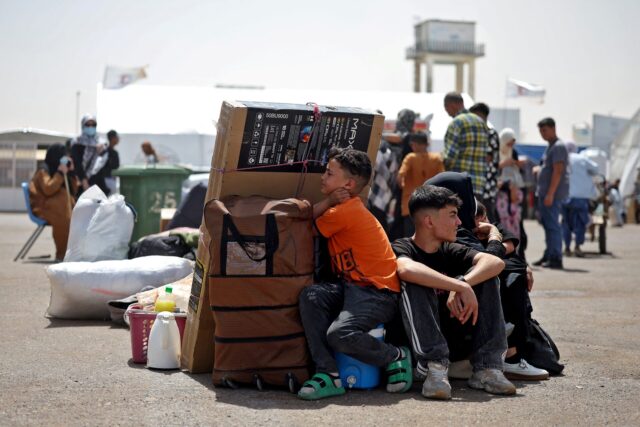Pre-Taliban or post-Taliban, the condition of ordinary Afghans remains unchanged and overlooked.
Jill Suzanne Kornetsky, an American social entrepreneur who has lived in Afghanistan since 2015, told StratNewsGlobal that the “Kububble” of Kabul elites shaped the narrative, as they spoke foreign languages and represented the entire country, despite being a tiny minority. Their lives dominated media coverage, while the majority were ignored.
For most Afghans, life is the same as before 2021. They were poor then and are poor now. They were uneducated then and remain uneducated now. They lacked food then and lack food now. Kornetsky noted that those who once received large salaries to build institutions now complain about their absence.
Agriculture, the main occupation, continues to suffer. Farmers lack resources, knowledge, and infrastructure to deal with poor soil and climate. Cities consumed resources while the countryside remained neglected. To elites, Kornetsky said, the poor existed only to serve, not as equals. Neither the Taliban nor the previous government addressed their needs.
The old government departed without accountability. Even prominent figures such as Dr. Sima Samar fled abroad. Victims were silenced, with the Truth and Reconciliation Commission abandoned and an amnesty law protecting perpetrators.
For women, many jobs that existed before the Taliban takeover remain. Girls’ schools still have female teachers, female doctors continue to work, and women are employed in telecoms, grocery stores, maternity clinics, and cleaning jobs. Some must be accompanied by a male relative, but they still work. The low percentage of women in ministries and companies remains about the same as before. Kornetsky stressed that only the privileged 1%—mainly in Kabul—saw real change in their lives after the Taliban’s return.
Online schools have emerged for girls, but they mostly benefit the privileged. Poor girls in provinces like Kandahar never had access to education or freedom, even before 2021.
“Things are not good,” Kornetsky said. “But except for the elites it never was though. So, to what are we comparing today’s situation?” she asked.
(This article was written by Tisya Sharma, she is an intern at StratNewsGlobal)





